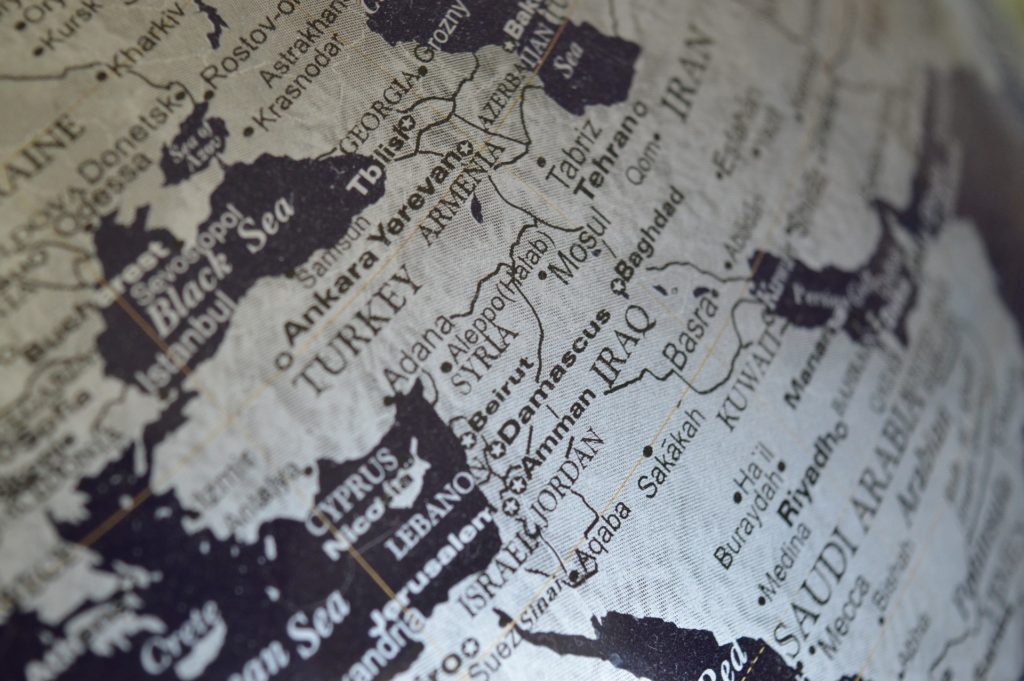In the aftermath of the fall of Mosul to ISIS in 2014, hard questions were asked of the capability of the Iraqi Army.
Despite a number of advantages for the Iraqi security forces, one of the largest cities in the country was ceded to ISIS with little resistance, compounding the problems from the loss of Fallujah earlier in the year.
Now, with the military in the course of recapturing Mosul, it is worth asking how much has the Iraqi Army improved? It appears to be making steady progress in the retaking of the city, but to what extent is this due to the support of its allies, rather than its own merits?
The American, British and Canadian governments have pointed to an overall improvement in the skills and morale of the Iraqi Army, an improvement that is at least in part due to their assistance with advanced training and the (re)supply of weapons. Analysts have also pointed towards the Iraqi armed forces gaining momentum as they have proven their ability to defeat ISIS in smaller battles, scaling up to larger campaign aims.
“By early January approximately 70 percent of eastern Mosul had been liberated from Islamic State forces. The most notable progress has been made in the eastern and southern neighbourhoods of the city.” Military.com ‘SitRep Mosul: The Lessons So Far’.
However, there are still serious causes for concern. One of the most pressing is the role of Shiite militias in bolstering the Iraqi Army, especially in the Sunni majority north. Fighting under the umbrella name of the Popular Mobilisation Forces, these groups bring back memories of darker times during the “civil conflict” of 2006-7, when sectarian militias killed thousands and displaced tens of thousands more. Reliance on these groups speak to the ongoing weakness of the national army, and perversely help reinforce the sectarian narrative of ISIS. Less discussed, though no less concerning, is the reliance on the Peshmerga and the possibility of conflict between the Iraqi central government and Kurdish Regional Government once the ISIS threat has subsided.
Other problems have persisted also. While the forces, which have spearheaded the counter-attack on ISIS, have been rebuilt and effectively trained this masks the larger logistical weaknesses and corruption which still plague the armed forces. While the Iraqi Special Forces have been noted as effective, the aforementioned militia groups are stepping into the power vacuum caused by the ineffectiveness of the Army at large. In many respects, the situation now appears to mirror that in Iraq 8 years ago – where the Iraqi army looked to be more competent, but the reality on the ground was much more concerning. Unfortunately, it appears that Iraq’s allies may be repeating history here.
Marc Simms is an occasional blogger for Proelium Law LLP. Marc holds a MLitt in Terrorism Studies and a Masters in International Relations, both from St Andrews. His particular interests are in emerging international security issues, unconventional warfare and terrorism.
Need advice?
If you’d like further information, or to discuss working with us, please get in touch







